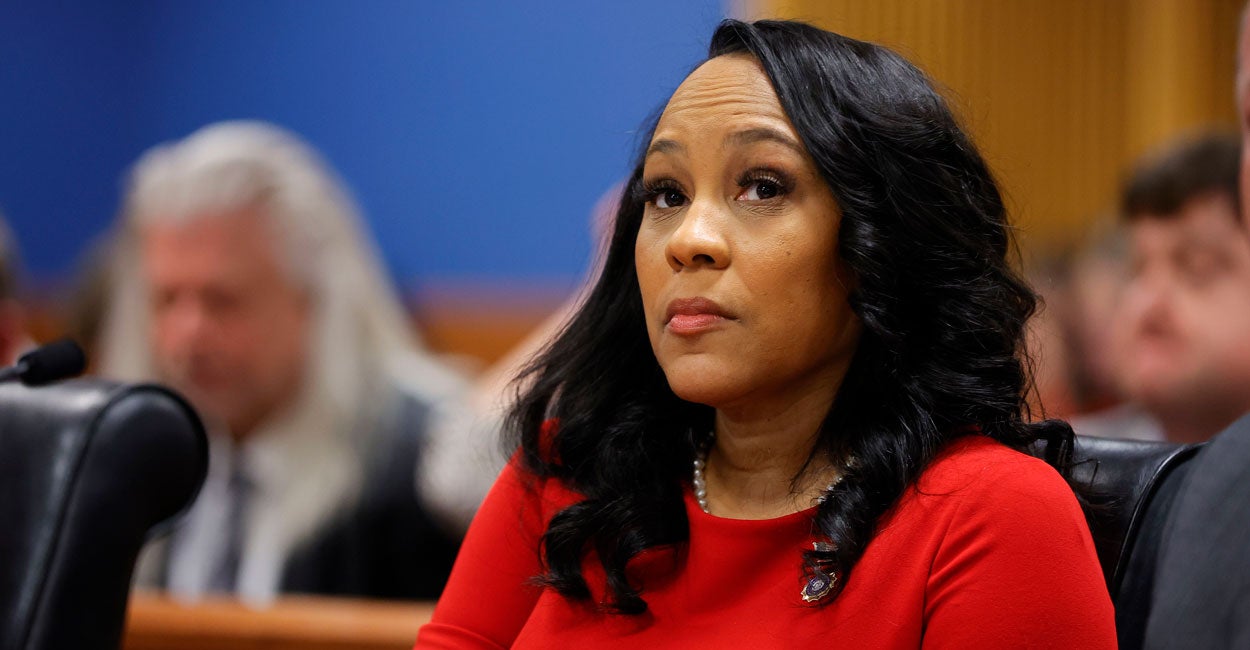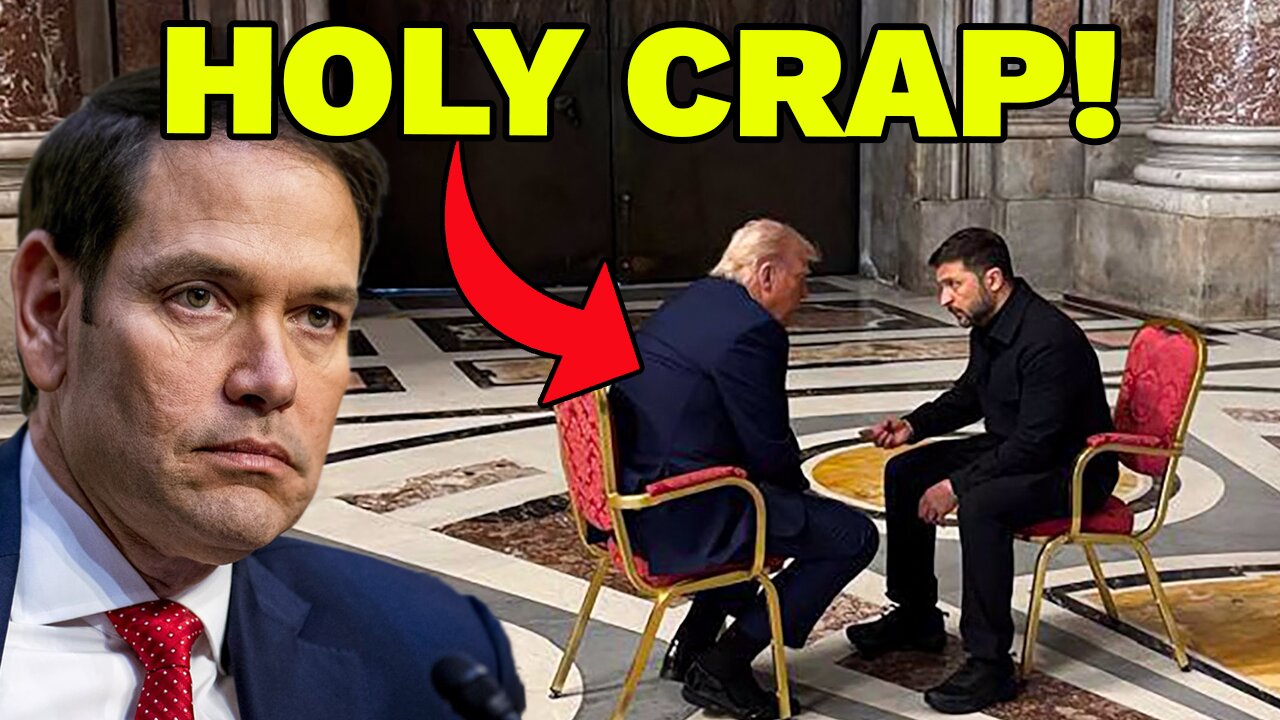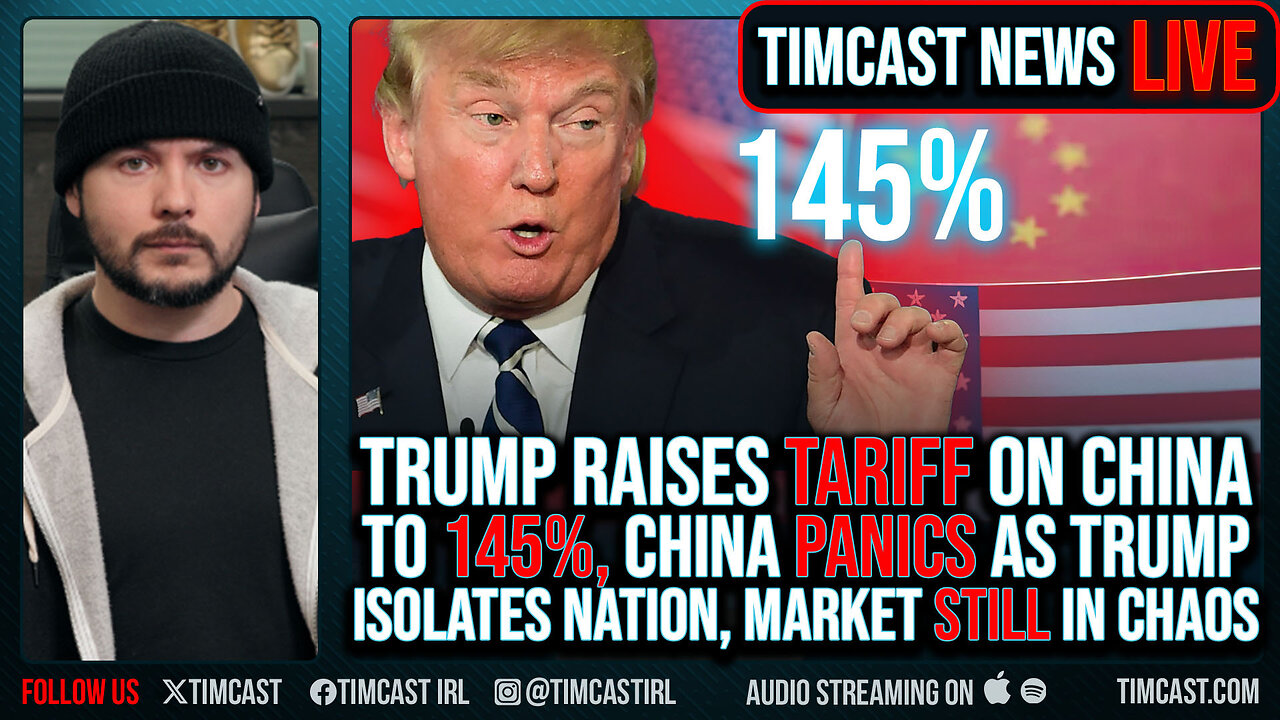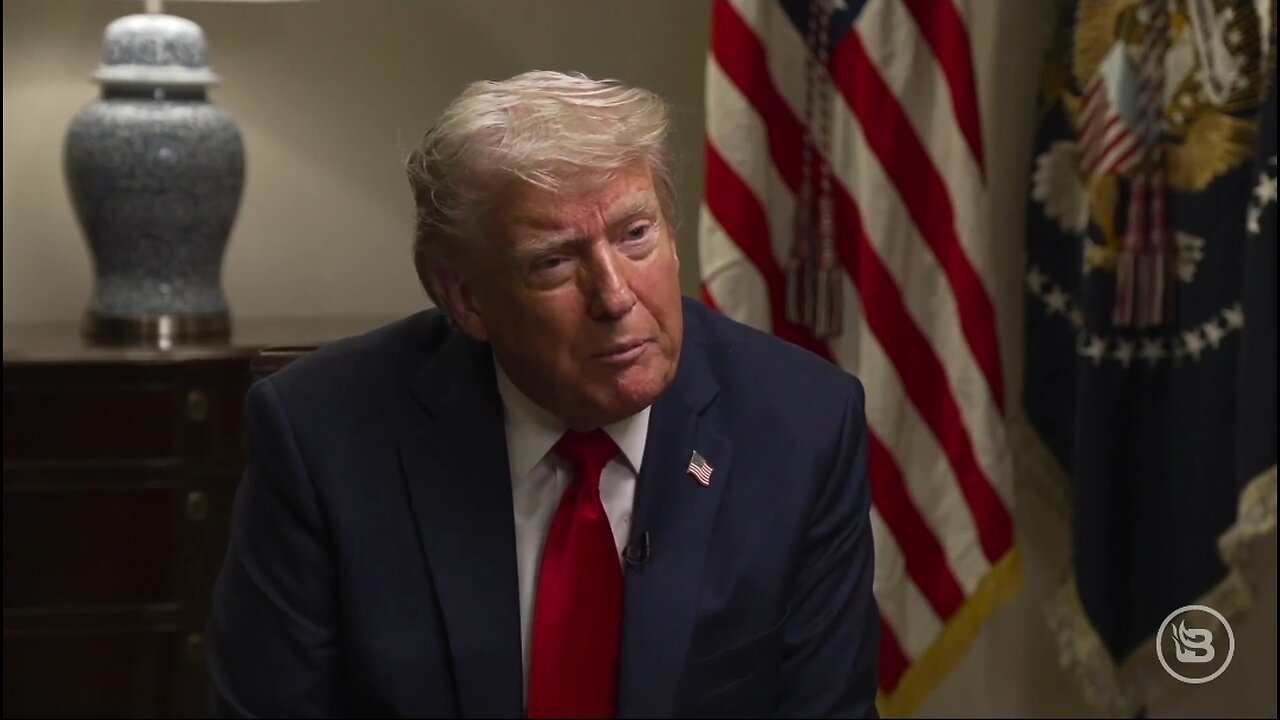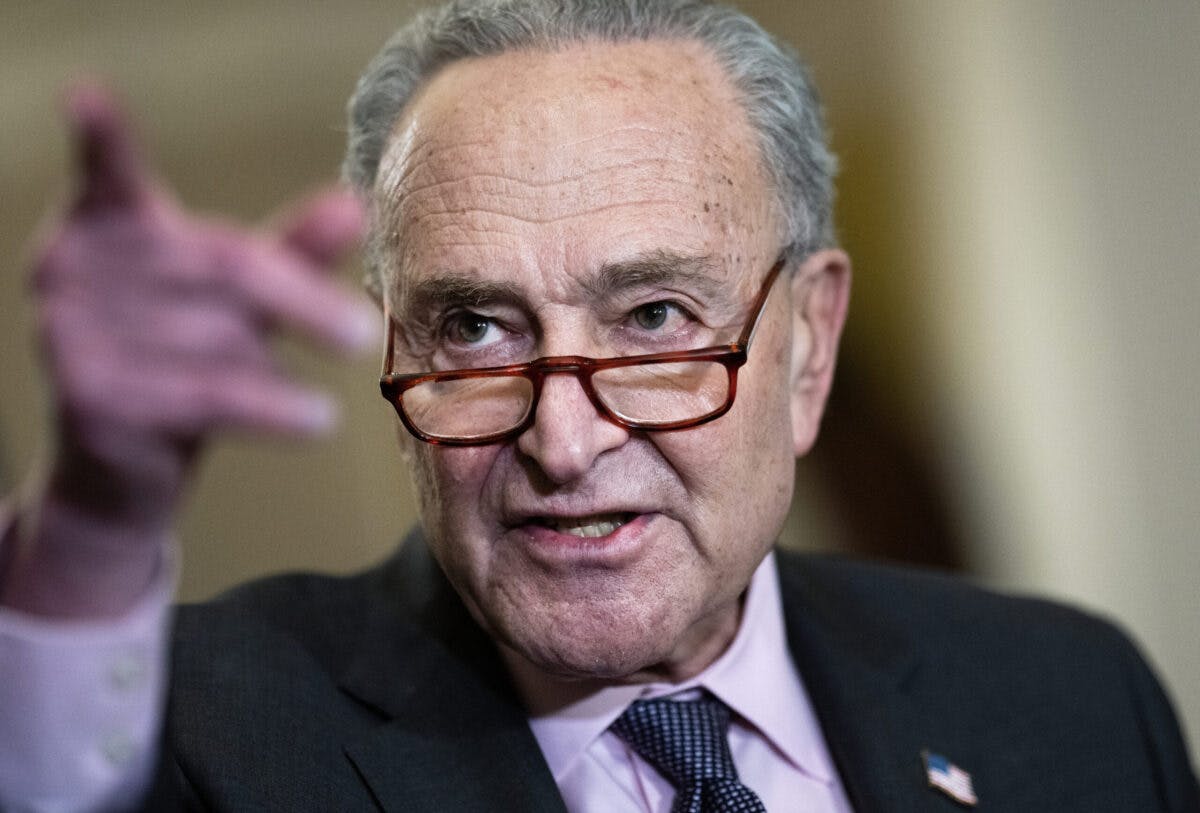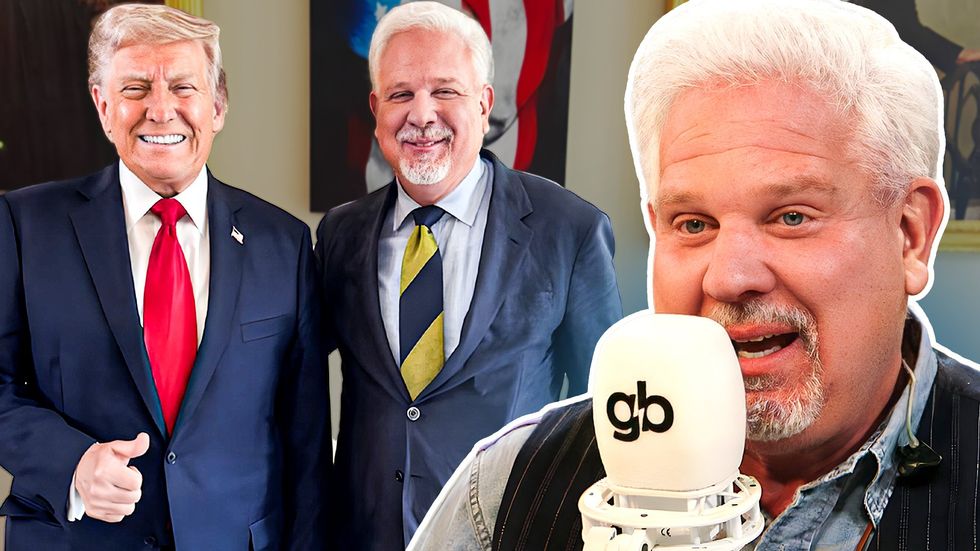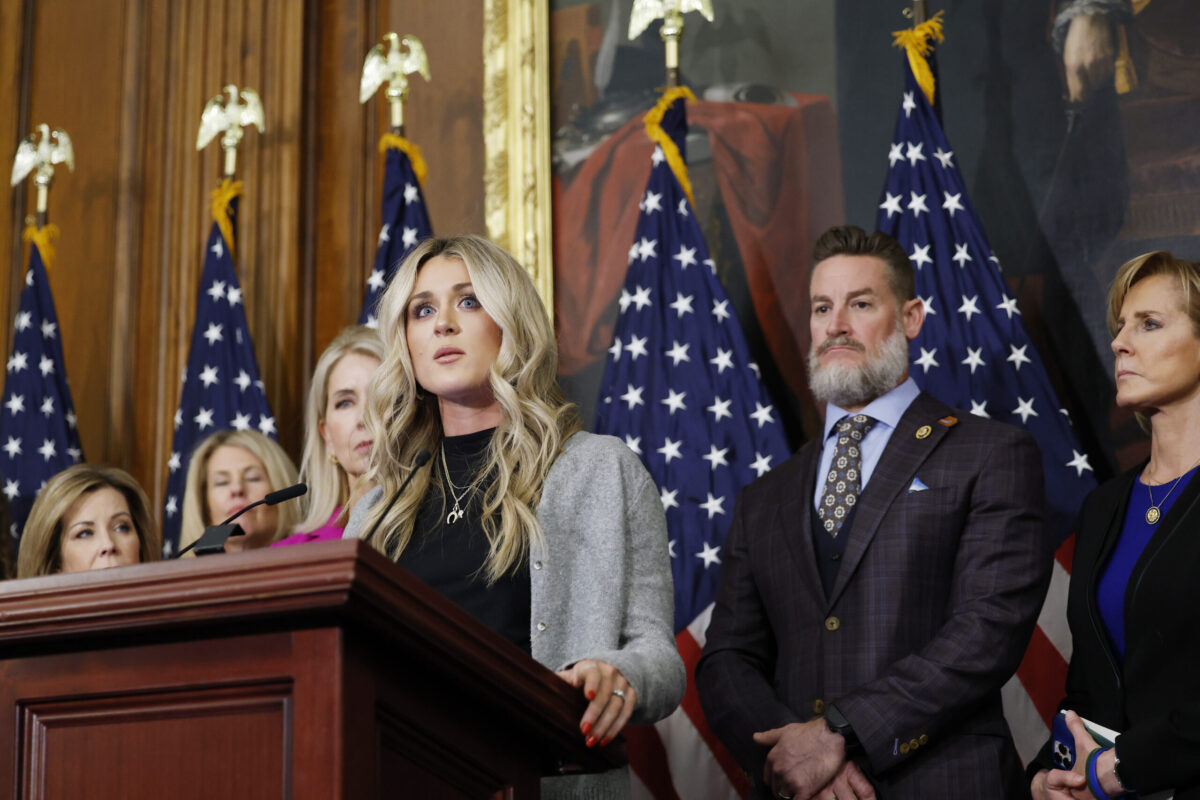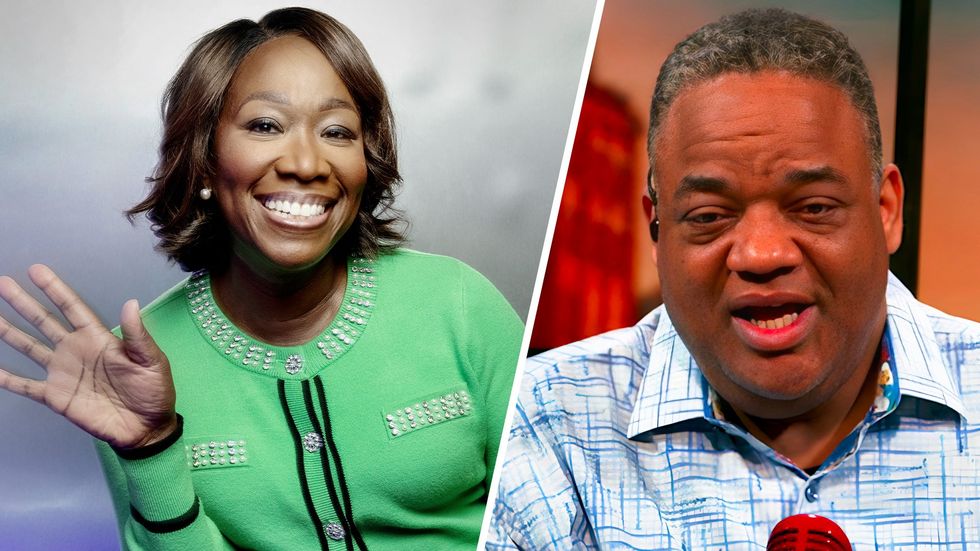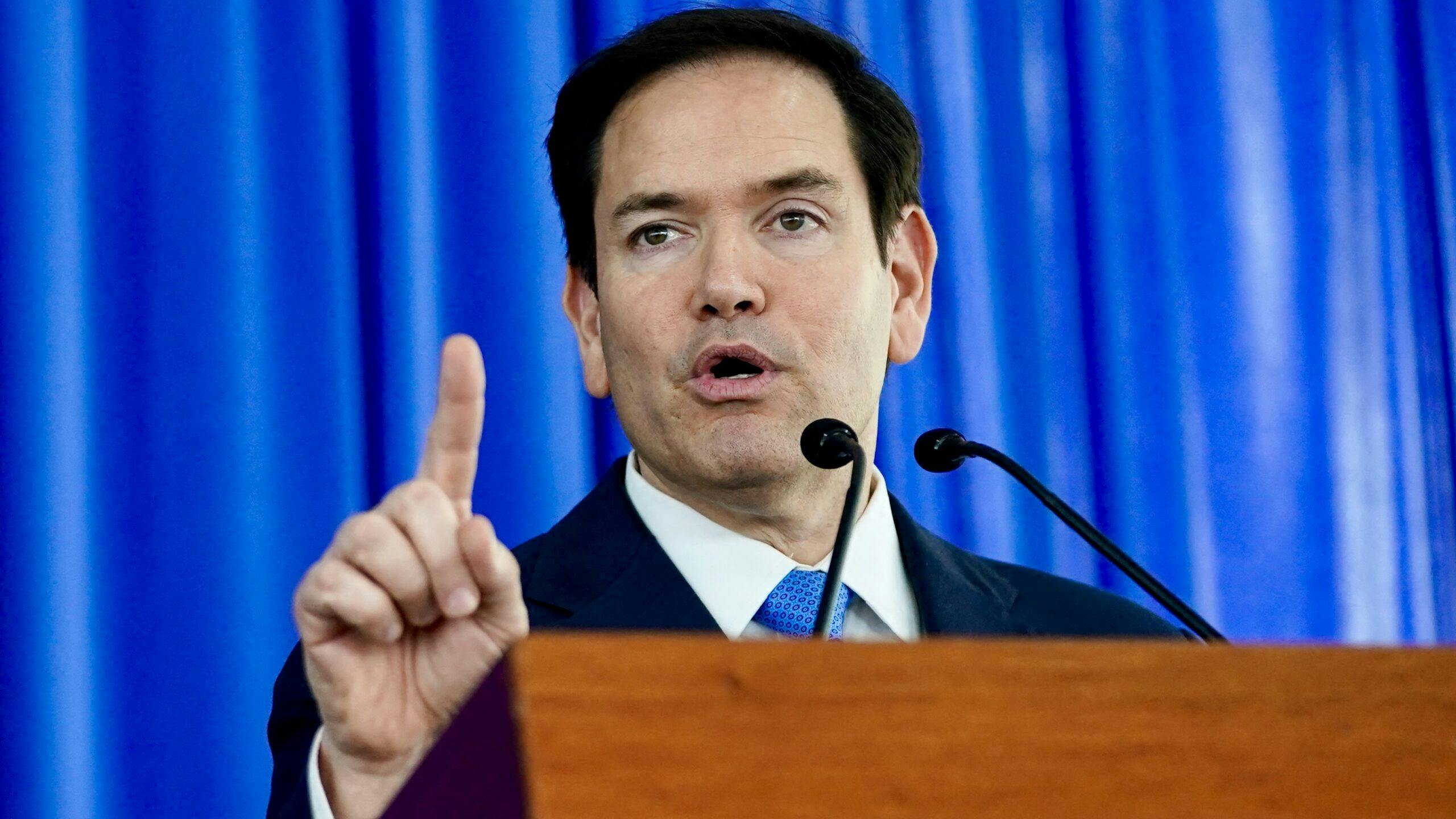Donald Trump and the cultural: A practical assessment


What are the cultural implications of Donald Trump’s decisive presidential victory? On the one hand, he incurred the ire of the pro-life movement by distancing himself from historic pro-life stances, gutting the GOP platform in the process. (He gutted the platform in terms of pro-life issues as well as marriage and family issues.) On the other hand, his victory signaled the large-scale rejection of radical leftist policies, to the point that major, leftist media outlets have been scrambling to move closer to the center. How should followers of Jesus assess all this?
On a certain level, things just got a lot simpler. That’s because it will become increasingly difficult for the church to look to Trump to lead the way on key moral and cultural issues.
To be sure, he has chosen his battles carefully, highlighting the destructive extremes of radical transgender activism while distancing himself from Project 2025. It seems evident that this reflects pragmatism more than (or, at least as much as) conviction.
More and more Americans are saying “No way!” to boys sharing locker rooms with girls and to the genital mutilation of minors. At the same time, the vast majority of Americans have no idea what is in Project 2025, other than the Democrats said it was really, really draconian and evil. Trump campaigned against trans-activism while vigorously declaiming any connection to Project 2025.
Again, he’s a pragmatist, and it worked.
But when it came to pro-life issues, his insistence that he would not a sign a federal abortion ban into law, along with his adopting a moderate pro-choice position, caused some pro-life activists like Lila Rose to call for a boycott against Trump in 2024 before finally voting for him in the end.
Indeed, from the very strong pro-life language in GOP platforms dating back to 1980, the new Trump-mandated version primarily voices opposition to late-term abortion, which is largely rejected by most Americans. And while Trump emphasized that by overturning Roe, the states could decide what policies to enact, there can be no doubt that his language and emphasis changed from 2016 to 2024.
Again, this is most likely attributed to political pragmatism, as opposition to abortion restrictions has been invigorated since the overturning of Roe.
As for issues pertaining to marriage and family, while Trump had said already in 2016 that same-sex “marriage” was the law of the land, he didn’t tamper with the language of the GOP platform in 2016 or 2020. Yet this year, the changes were so dramatic that a Newsweek editorial by Brad Polumbo opined, “Trump’s New GOP Platform Is a Massive Win for LGBT Americans.”
The older platform stated, “Traditional marriage and family, based on marriage between one man and one woman, is the foundation for a free society and has for millennia been entrusted with rearing children and instilling cultural values. We condemn the Supreme Court’s ruling in United States v. Windsor, which wrongly removed the ability of Congress to define marriage policy in federal law.”
That language totally disappeared from the 2024 platform. The shift was seismic.
So I ask once again, “How should followers of Jesus assess all this?”
It’s really quite simple.
Trump never was and never will be the moral savior of America. As for the GOP, it is not God’s party, championing righteousness and purity in the land. Hardly.
But this is not necessarily bad news, since, as I have stated endlessly over the years, politics cannot do what only the Gospel can do. And while there are highly moral politicians, and while I still prefer GOP policies to Democratic policies, we make a terrible, sometimes even fatal mistake when we look to a worldly system to carry out heavenly work.
Without a doubt, we can look to the government to help secure our borders. But we cannot expect the government alone to reach struggling (and legal) immigrants with compassion and kindness.
And while it would be wonderful if, in state after state, pro-life legislation was passed and enacted, that could only happen as the result of a massive spiritual awakening resulting in the radical changing of millions of hearts and minds. Otherwise, how could those laws be widely passed?
It’s the same with marriage and family values.
Regardless of the language of the GOP platform and regardless of the convictions of President Trump, there’s not the slightest chance that views toward same-sex “marriage” could be reversed without an immense cultural and ideological shift. (According to a 2023 poll, while roughly 60% of Americans aged 50 and older “think same-sex marriage should be recognized by the law as valid,” that number jumps to 89% of 18-to-29-year-olds.)
As for other aspects of Trump’s moral example, he is hardly even attempting to present himself as a moral icon.
That’s why I say that things have simplified for us as followers of Jesus, in particular, for those of us who voted for Trump. We no longer have to present him as Saint Donald (as some almost did in 2016), the champion of the pro-life movement, a fine upstanding Christian.
We can recognize his many weaknesses and appreciate all the good he can do without looking to him to do our job.
After all, Jesus didn’t say to the president of the United States, “You are the salt of the earth. You are the light of the world” (see Matthew 5:13-16).
He said that to His disciples. That’s our task and calling. Let’s give ourselves to it, by His help and grace, while praying for God’s best for the president.
And while we can seize the cultural movement in which so many radical leftist policies and ideas are being exposed, we cannot let secular culture lead the way.
That’s our job.
What's Your Reaction?
 Like
0
Like
0
 Dislike
0
Dislike
0
 Love
0
Love
0
 Funny
0
Funny
0
 Angry
0
Angry
0
 Sad
0
Sad
0
 Wow
0
Wow
0

